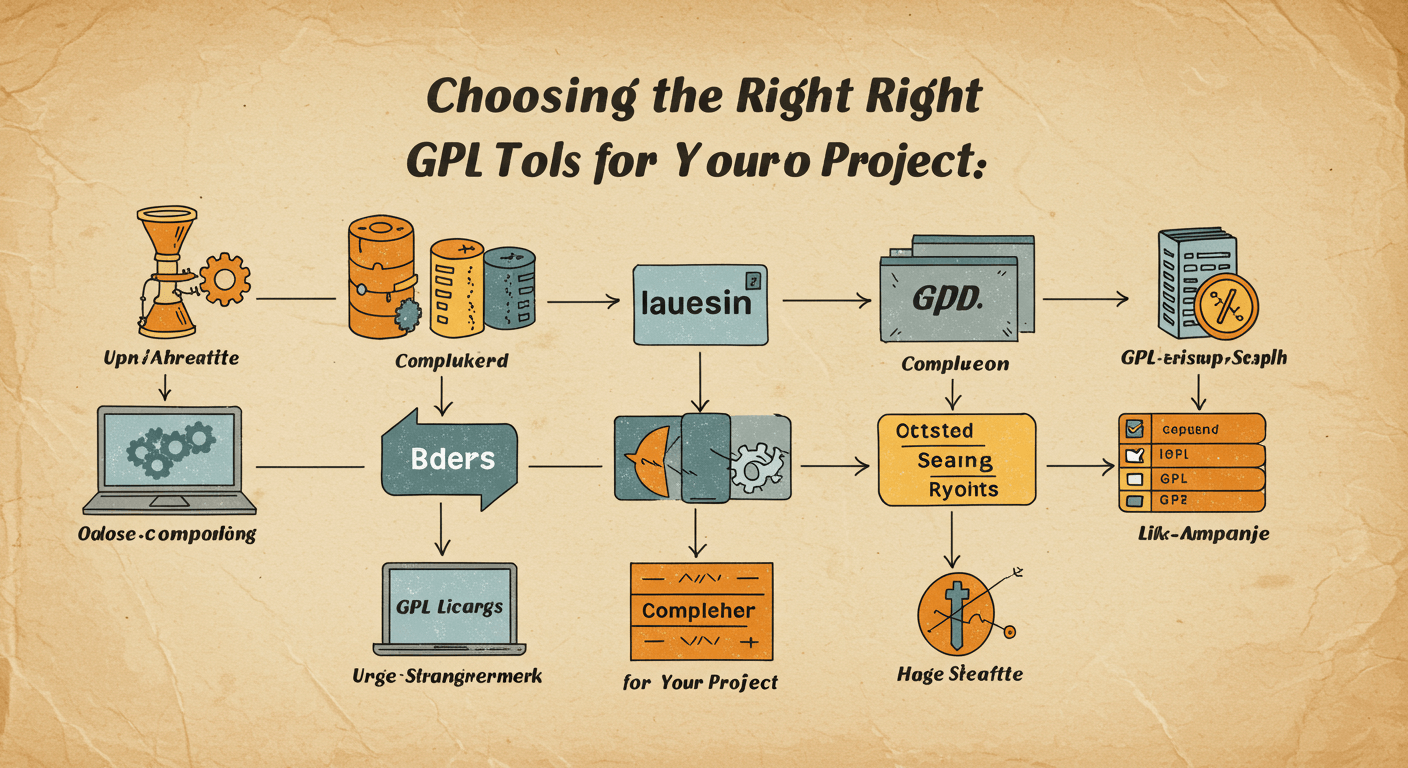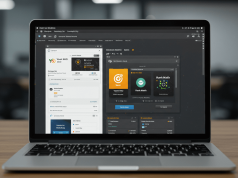Open source innovation drives the WordPress ecosystem, and GPL-licensed tools sit at the heart of that movement. Whether you’re a freelance developer, an agency architect, or a site administrator, integrating the right GPL tools can transform your workflow: automating repetitive tasks, enforcing code quality, strengthening security, and boosting performance. In this comprehensive guide, we’ll dive deep into why GPL tools matter, explore key categories, highlight top projects, and share best practices to make your next WordPress build faster, safer, and more maintainable.
Understanding the Power of GPL Tools
The GNU General Public License (GPL) ensures that software remains free, modifiable, and redistributable. For WordPress developers, this translates into a vibrant ecosystem of plugins, libraries, and command-line utilities that evolve through community collaboration. GPL tools let you inspect and adapt source code, integrate seamlessly with existing workflows, and maintain compliance with WordPress’s core licensing requirements. Embracing GPL means you’re not locked into proprietary solutions—you own your stack and can tailor every component to your project’s unique needs.
Key Benefits of GPL Tools
- Cost Efficiency
Most GPL tools are free to use, dramatically reducing licensing overhead while granting enterprise-grade features. - Transparency and Security
With open source code, you can audit every function, discover vulnerabilities early, and contribute fixes back to the community. - Customizability
Modify the source code to align with your coding standards, integrate it with proprietary systems, or extend its functionality beyond the original scope. - Community Support
Large user bases, active forums, and frequent updates ensure rapid issue resolution and a wealth of tutorials. - Longevity
GPL-licensed projects cannot be pulled behind paywalls or discontinued arbitrarily—your workflow stays intact for years to come.
Essential Categories of GPL Tools
To harness the full suite of GPL benefits, it’s helpful to organize tools by their primary function. Below are six core categories every WordPress professional should explore:
1. Code Quality and Standards
- PHP_CodeSniffer with WordPress Coding Standards
Automatically detect deviations from WordPress’s official style guide and enforce consistent formatting across your team. - PHPStan and Psalm
Static analysis tools that identify type errors, undefined variables, and potential bugs before runtime.
2. Security and Vulnerability Scanning
- WPScan
A command-line vulnerability scanner built specifically for WordPress plugins, themes, and core issues. - ClamAV
Open source antivirus engine for detecting malware in your uploads directory and core files.
3. Automation and DevOps
- WP-CLI
The definitive command-line interface for managing WordPress installations—plugin installs, database imports, search-replace, and more. - Docker and Lando
Containerized local development environments that mirror production stacks for consistent build pipelines.
4. Performance Optimization
- Query Monitor
Real-time profiling of database queries, HTTP API calls, and performance bottlenecks in the admin bar. - Redis Object Cache
GPL-licensed PHP library to offload expensive database queries into memory for blazing-fast response times.
5. Backup and Recovery
- Duplicator
Clone, migrate, or back up entire sites with checksum validation and multi-archive support. - WP-CLI DB Export
Scriptable database dumps integrated into your CI/CD workflow for nightly backups.
6. Testing and Continuous Integration
- PHPUnit
Industry-standard testing framework for unit and integration tests against your theme and plugin code. - CircleCI, GitHub Actions, Jenkins
Automate test suites, deployments, and code linting whenever code is pushed to your Git repository.
Top GPL Tools to Include in Your Workflow
Below are eight standout projects that combine maturity, community support, and extensibility—ideal for powering real-world WordPress environments.
- WP-CLI: Beyond basic site management, extend with custom commands to automate plugin releases, bulk user provisioning, or cross-site search/replace tasks.
- PHP_CodeSniffer + WPCS: Integrate into your CI pipeline to reject pull requests that fail style checks, keeping master branch clean.
- SonarQube Community Edition: Perform deep code quality and security analysis across PHP, JavaScript, CSS, and more.
- WPScan: Schedule nightly vulnerability scans and integrate alerts via Slack or email for rapid triage.
- Query Monitor: Use Chrome or Firefox dev tools to debug front-end performance issues and AJAX hooks on the fly.
- Docker Compose: Define multi-container setups—Nginx, PHP-FPM, MySQL, Redis—and spin up isolated dev environments in seconds.
- PHPUnit: Leverage WordPress’s testing suite to validate compatibility across multiple WP versions using Dockerized runners.
- Duplicator: Automate site migrations between staging and production with custom pre/post scripts for cache warm-ups.
Choosing the Right GPL Tools for Your Project

Selecting tools depends on project scope, team expertise, and infrastructure. Start by auditing current pain points: Are deployments error-prone? Do you lack automated tests? Is performance inconsistent? Map each challenge to a category above, evaluate maturity (stars, release frequency), and pilot tools in a sandbox environment. Remember to review compatibility: some plugins or host providers may restrict certain CLI or containerized workflows.
Best Practices for Integrating GPL Tools
- Version Control Everything
Store configuration files, Docker Compose manifests, and WP-CLI scripts in Git to track changes and enable team collaboration. - Automate Early and Often
Shift left by adding linting and vulnerability scans to pre-commit hooks. Catch issues before they reach CI. - Secure Secrets
Use environment variables or vault services to manage database credentials, API tokens, and SSH keys safely. - Document Custom Commands
Maintain a README for any WP-CLI or shell scripts so new team members can onboard quickly. - Contribute Back
Submit patches, file bug reports, or write tutorials—giving back strengthens the GPL ecosystem you rely on.
Future Trends in GPL WordPress Tooling
As AI accelerates code generation, expect smart linters that suggest fixes, automated test generators, and GPT-driven vulnerability detection. Container orchestration (Kubernetes) and serverless deployments will become more accessible through GPL adapters. Blockchain-based integrity checks may emerge for verifying plugin authenticity. Staying engaged with the open source community ensures you’ll adopt these innovations early and maintain a cutting-edge WordPress stack.
Conclusion
GPL tools empower WordPress professionals to build faster, safer, and more scalable websites without proprietary lock-in. By combining code quality linters, security scanners, automation frameworks, and CI/CD pipelines, you future-proof your development process and deliver superior results to your clients or stakeholders. Start small—integrate WP-CLI for routine tasks or add PHP_CodeSniffer to your next pull request cycle—and scale up as your team realizes the productivity gains. Embrace GPL, contribute back, and watch your WordPress projects thrive.
Ready to supercharge your WordPress workflow? Install one GPL tool today and share your experience with the community!









